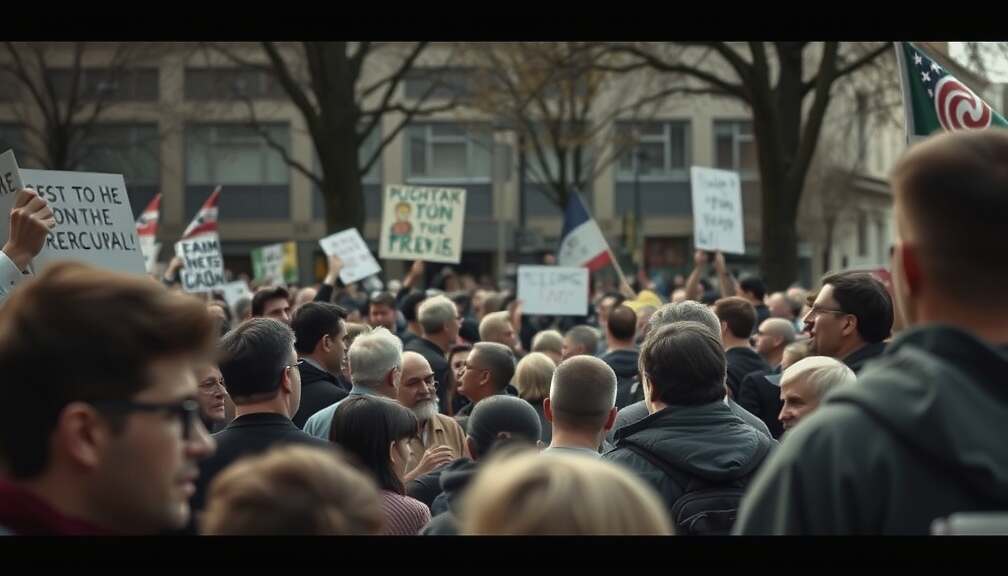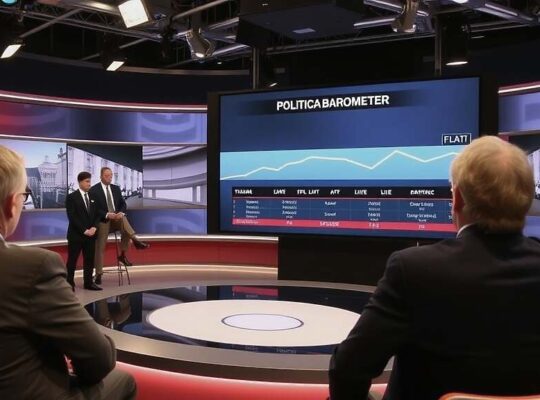The German trade union Verdi has announced a significant escalation in its opposition to planned social reforms spearheaded by the ruling coalition, signaling a potential showdown over labor standards and social welfare. Verdi’s chair, Frank Werneke, warned of “beinhart” – uncompromising – resistance to anticipated legislative proposals, specifically citing the coalition’s agreement to dismantle the traditional eight-hour workday. Werneke predicts a formal bill will be presented in the coming weeks and insists the government must be fully aware of the anticipated backlash.
Beyond the debate surrounding working hours, Verdi’s criticism extends to the recently agreed-upon revisions of the Bürgergeld, Germany’s basic income support program. Werneke voiced deep concern that the reforms target protected assets and pressure recipients to vacate housing deemed too expensive for their level of support, disproportionately impacting vulnerable populations, including skilled workers affected by the ongoing industrial crisis. He characterized the situation as potentially plunging families into existential hardship.
The SPD, the Social Democratic Party, is facing a mounting chorus of disapproval from within the labor movement and social sector. Hans-Jürgen Urban, social director of IG Metall, a major industrial union, questioned the rationale behind targeting a tiny fraction of individuals deemed unwilling to work while inflicting collateral damage on the broader population actively seeking employment. He urged the SPD to fulfill its promises in labor and social policy.
Michaela Engelmaier, chair of the Sozialverband Deutschland, a leading social welfare organization, expressed dismay, stating that aspects of the planned reforms feel like a reversion to the austerity measures of the Hartz IV era. She affirmed a misalignment with the SPD’s stated positions.
Similarly, Marvin Deversi, a board member of the Arbeiterwohlfahrt, conveyed a sense of disappointment, arguing that the reforms fail to live up to expectations for a policy of solidarity and social justice. The emerging conflict underscores a growing rift between the governing parties and the traditionally supportive labor movement, potentially creating significant political instability and forcing the SPD to defend its commitment to its core constituents. The level of resistance signaled by Verdi and further criticism suggest arduous negotiations and the possibility of protracted legal challenges loom.












